1969 was the most tense year since the founding of the People's Republic of China. The Soviet Union threatened to use nuclear weapons against China.
In response, Chairman Mao decisively issued an order: All important leaders of various departments should withdraw from the capital to avoid this huge crisis.

Since the late 1950s, relations between China and the Soviet Union in the north have continued to deteriorate.
In 1958, the Soviet Union even made an unreasonable request to China to establish a common fleet to guard China's territorial waters, but was firmly rejected.
Since then, the Soviet Union has continued to deploy troops on the border, and its military strength has gradually increased to  million. At the same time, the Soviet Union also stationed tens of thousands of tanks and armored vehicles , as well as 3,000 aircraft, in an attempt to force China to submit with its strong military strength.
million. At the same time, the Soviet Union also stationed tens of thousands of tanks and armored vehicles , as well as 3,000 aircraft, in an attempt to force China to submit with its strong military strength.

It was also from this time on that Chairman Mao used his far-sighted strategic vision to make comprehensive arrangements for conflicts and even wars that might break out in the future.
He paid special attention to the threat from the north, and put forward the defense policy of " north and south, " , shifting the focus of national defense to the north.
And Chairman Mao’s careful arrangements did pay off.
In March 1969, the Zhenbao Island incident broke out. Because the People's Liberation Army was mentally prepared in advance, the Soviet army not only failed to invade successfully, but suffered a lot of losses..

As a result, the Soviet Union, which relied on its strength, became angry. Its Minister of Defense, Marshal Grechko, even shouted forcefully: "Surgical nuclear strikes" would be used to " eliminate the threat once and for all."
At that time, the Soviet Union deployed more than 30 medium-range cruise missile bases in the Far East. It also had intercontinental ballistic missiles with ultra-long-range attack capabilities.
Both can carry multi-million-ton nuclear warheads and can carry out devastating nuclear strikes against China at any time.

At this time, although China had successfully tested its first atomic bomb three years ago, its research on nuclear bombs was still in its infancy.
The nuclear power is seriously insufficient compared to the superpower Soviet Union.
Despite facing such a difficult situation, Chairman Mao was still not timid at all.
On March 15, he said categorically at an internal meeting: " Even if our leadership body is eliminated, the following will continue to fight as usual! "

However, at the same time, Chairman Mao knew very well that he himself proposed The principle of " strategically despises the enemy, and tactically pays attention to the enemy" also made full preparations for the Soviet Union's nuclear threat .
and this preparation is to evacuate relevant personnel .
After analysis by Premier Zhou and several founding marshals, they unanimously concluded that: The main targets of the Soviet Union's surgical nuclear strikes are most likely to be our country's nuclear missile bases, Northeast heavy industry bases, and large cities including Beijing. City.

Therefore, Premier Zhou suggested that relevant major cities should be evacuated, concealed and protected, and action should be taken immediately now.
Prime Minister's reasonable suggestion was adopted by Chairman Mao. On August 28, 1969, with Chairman Mao's approval, the country issued an order to prepare for nuclear war.
calls on the people to be prepared to crush the war of aggression, to voluntarily stop all sabotage activities that cause trouble and chaos, and to immediately start making early plans for evacuation.

As the capital of China at that time, its importance is self-evident. State agencies and a large number of universities are located here.
First of all, a large number of cultural institutions, units and their families in Beijing were evacuated to the south of Beijing, far away from the Soviet Union.
For example, the theater troupe affiliated to the Ministry of Culture, Federation of Literary and Art Circles , and Writers Association moved to Hubei.

And the colleges and universities that cultivate the pillars of the country also urgently moved to the countryside.For example, part of the famous Peking University was arranged to the Poyang Lake in Jiangxi, and part of it was arranged to Hanzhong . The University of Science and Technology, which is of strategic significance to the development of science and technology in our country, was evacuated to Hefei.
At that time, these cultural institutions were also responsible for the important task of preserving materials. When they were moved to the south, brought with them a large number of important archive documents and precious historical relics of various units.

History and culture are the soul of a nation and a country, and Chairman Mao's purpose of evacuating them in the first place was to ensure that even if our country was destroyed by the Soviet nuclear bomb, we could still rebuild with the help of these precious materials and avoid the destruction of the country.
I have to say that an important reason why Chairman Mao is Chairman Mao is his far-sightedness in this regard.

After evacuating cultural institutions, Chairman Mao decided to evacuate leaders.
On October 14, according to Chairman Mao’s proposal, the country officially issued a notice requiring cadres and some old comrades in Beijing to begin evacuation in preparation for war.
In order to prevent the Soviet Union from learning the specific situation, on October 17, Premier Zhou invited leaders to the Capital Stadium to discuss evacuation arrangements in the name of watching a sports performance party.

Since then, major leaders have traveled to various parts of the country.
For example, Chairman Mao flew to Wuhan by special plane and presided over the country's major policies. Marshal Zhu went to Guangzhou and sat in the south. Deng Gong arrived in Nanchang to carry out work .
At the same time, in order to maintain confidentiality, all leaders need to clean up and hand in office documents before traveling to various parts of the country.
Moreover, they are not allowed to have contact with other non-essential personnel and can only be accompanied by family members.

Not only that, the evacuation areas where most of the leaders went were in areas near the Beijing-Guangzhou railway line, which would facilitate communication between them when the war started.
Just like that, on October 20, the leaders quickly evacuated, but the evacuation of the leaders was not enough. Chairman Mao also did follow-up work: building in the rear areas.

(Construction of the Rear Area)
In addition to moving state agencies and universities to the inland, the industrial system was also moved to the rear area relative to the Soviet Union. This is the famous " Third Front Construction".
The first, second, and third lines are the divisions made by the country based on the strategic location of the rear. The third line, in short, refers to the vast areas of southwest and northwest except Tibetan areas and Xinjiang.

The third-line construction is divided into major third-line construction and minor third-line construction. The major third-line construction is mainly based on national defense industry and basic industry.
The construction of the small third line focuses on the production of light weapons and its supporting industries . Their purpose is to build the rear area.
As early as 1964, Chairman Mao was keenly aware of the threat from the north and launched the third-line construction.

By 1969, war was about to break out.
Under the guidance of the great man's policy of " dig holes deeply, accumulate food widely, and do not dominate", the country quickly entered a war preparation situation , and the advancement of the third-line construction was greatly accelerated.
During this period, the national economy began to move closer to the war. A large number of civilian enterprises were converted into military industrial enterprises, and together with the original military industrial enterprises, they were moved to third-tier mountainous areas with congested traffic.

The main task of these military industrial enterprises is to step up the development of anti-tank weapons and equipment for the Soviet Union.
Therefore, these companies are very particular about location selection.
They follow the principle of " backing, dispersion, concealment, and entry into holes" and are prepared for war. Most corporate buildings are built to national defense standards.

The exterior of the building relies on the mountainous terrain, which is not only very reliable, but can also effectively avoid enemy reconnaissance.
It has high-strength cement underground fortifications built inside to combine peacetime with peacetime and combat with defense.
Not only that, the various regions in the rear area have also strengthened their strategic material reserves, mobilized and established a three-level strategic reserve system, and truly achieved "preparing for war, preparing for famine, and serving the people".

The implementation of the third-line construction provided a solid guarantee for leaders to continue working after their withdrawal.
It also greatly enhanced my country's national defense strength and promoted the industrialization of the central and western regions, laying the foundation for my country's subsequent balanced regional development. Base.
While preparing for domestic war, Chairman Mao understood that China alone could not defeat the superpower Soviet Union, so he began to look for foreign aid that could help our country.

At that time, it was the Cold War . The world was divided into two major lineups. The only one that could compete with the Soviet Union was the United States.
However, it is logically impossible for the United States to help China. They are even very happy to see China and the Soviet Union lose both sides.

However, Chairman Mao knows the truth that "the enemy of the enemy of is the friend ", and it is not impossible for the United States to help China. In this regard, he made the following analysis: "At this time, the United States continued to lose in the Vietnam War . Its global strategic interests were greatly damaged, and it was temporarily at a disadvantage in the struggle for hegemony. Therefore, he urgently needed someone who could directly participate in the war. A major ally against the Soviet Union to help it share the pressure, and this major ally can only be China."
In addition, the then old American president Nixon was a " hawk", and the hawks were all advocates being tough on the Soviet Union while improving relations with China .

(U.S. President Nixon)
Therefore, as early as early 1969, when Nixon first became the president of the United States, Chairman Mao, with his advanced international thinking, commissioned Chen Yi Marshal to form an international relations research group, focusing on the study of China and the United States. su relationship .
Chairman Mao's judgment was not incorrect. After Nixon spied on the news that the Soviet Union was preparing to launch a nuclear attack on China, he quickly decided to share the news with China.

He believes that the Soviet Union's nuclear strike will not only affect China and be detrimental to the United States' fight against the Soviet Union, but the pollution it will cause will also affect the 250,000 U.S. troops stationed in Asia, which the United States cannot tolerate.
So on August 28, Nixon conveyed the news of the Soviet nuclear attack to the Chinese side through domestic communication, and the Chinese side also made advance preparations.

In addition, Nixon also asked assistant Kissinger to convey a message to the Soviet Union.
If the Soviet Union desperately launches a nuclear war, the United States will prepare to use the Soviet nuclear weapons code deciphered during the Cuban Missile Crisis and launch a nuclear counterattack to 134 key areas within its territory.

It was precisely because of Chairman Mao's preparations for the above steps that the Soviet Union never dared to act rashly, and in the end it did not dare to launch a nuclear attack .
On October 20, 1969, negotiations between China and the Soviet Union were held in the capital. The relationship between China and the Soviet Union began to ease, and a nuclear crisis disappeared.
Reference materials:
"The past cannot bear to become history"
"In 1969, the country was almost exposed to a nuclear attack"
"Revealing the evacuation of senior officials in 1969"
"1969: A nuclear crisis on the verge of breaking out"



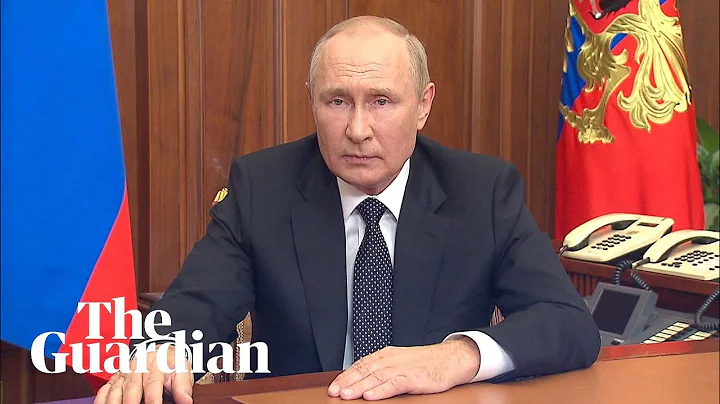
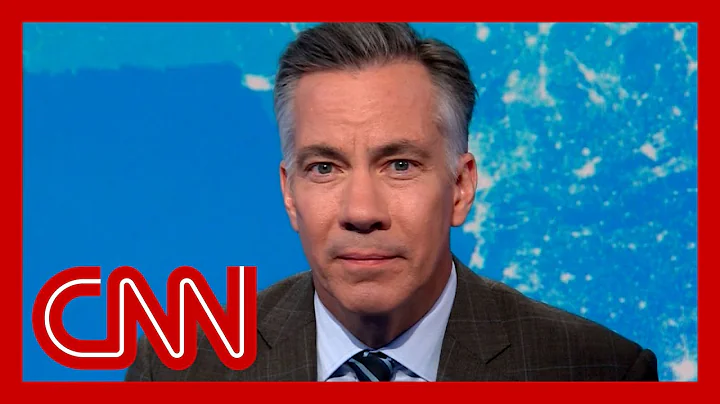





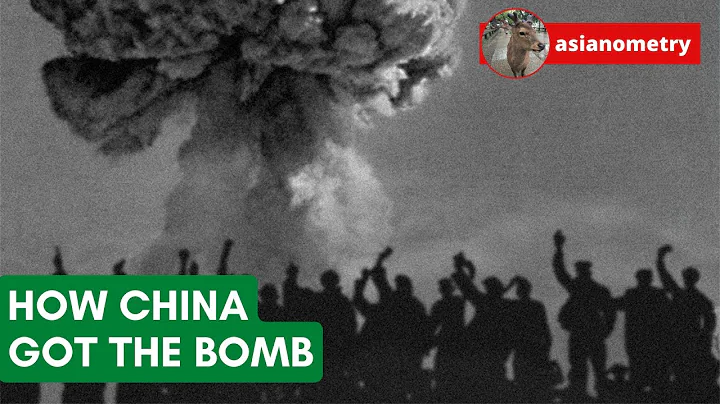


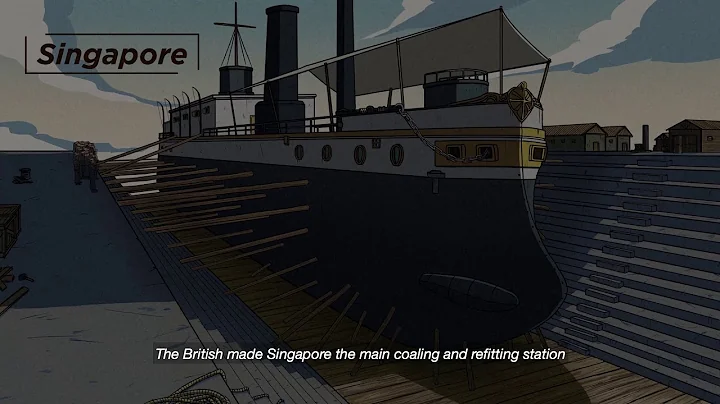
![[SUB]陸81192延燒 CIA搞艾爾段? 新聞大白話@tvbstalk 20240401 (字幕版) - DayDayNews](https://i.ytimg.com/vi/4BABeJlxn6U/hq720.jpg?sqp=-oaymwEcCNAFEJQDSFXyq4qpAw4IARUAAIhCGAFwAcABBg==&rs=AOn4CLDoG_LaeUhaoEUJhm5EsWVHYppNQQ)
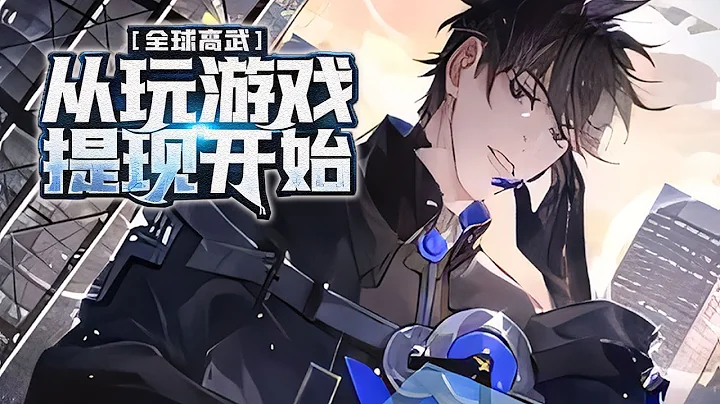
![[SUB]陸8千噸艦到金廈 蘋果怕了比亞迪? 新聞大白話@tvbstalk 20240229 (字幕版) - DayDayNews](https://i.ytimg.com/vi/Fu76kxU5wsk/hq720.jpg?sqp=-oaymwEcCNAFEJQDSFXyq4qpAw4IARUAAIhCGAFwAcABBg==&rs=AOn4CLAOvQ07gaAsNi2q02lIC5TcC-aIFw)

![[SUB]陸抓CIA洩殲35?福建艦隱身機曝 新聞大白話@tvbstalk 20231231 (字幕版) - DayDayNews](https://i.ytimg.com/vi/bnEumet94Fw/hq720.jpg?sqp=-oaymwEcCNAFEJQDSFXyq4qpAw4IARUAAIhCGAFwAcABBg==&rs=AOn4CLA_0CpVPOK6FTFR2HauNR44qd0eVg)


